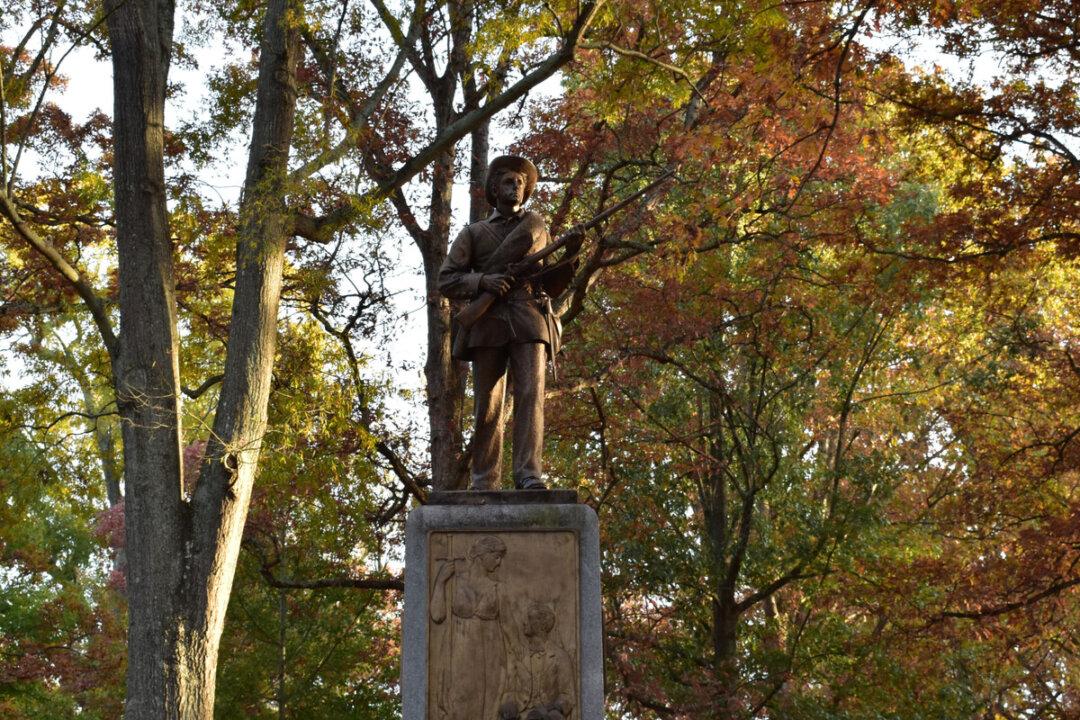A state court voided a university deal that required it to transfer a Confederate monument known as “Silent Sam” to the Sons of Confederate Veterans and pay $2.5 million toward the statue’s housing and care.
The University of North Carolina (UNC) system reached the agreement with the North Carolina branch of the group in late November, garnering significant attention. The settlement was reached after the Sons of Confederate Veterans filed a lawsuit against the university over the disposition of the monument, which had been toppled by protestors in 2018. The agreement requires the Confederate group to maintain possession of the monument outside the public university system in the state.




